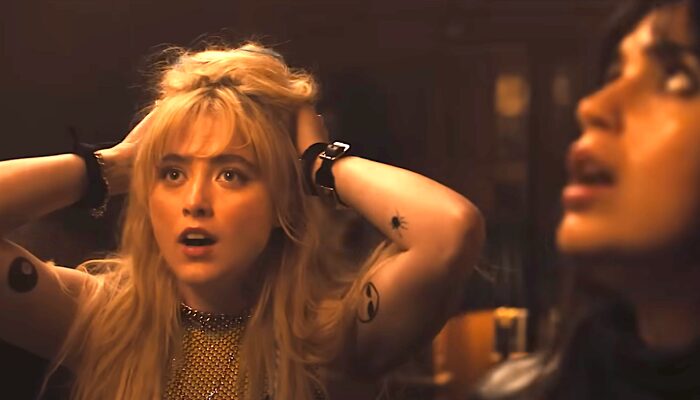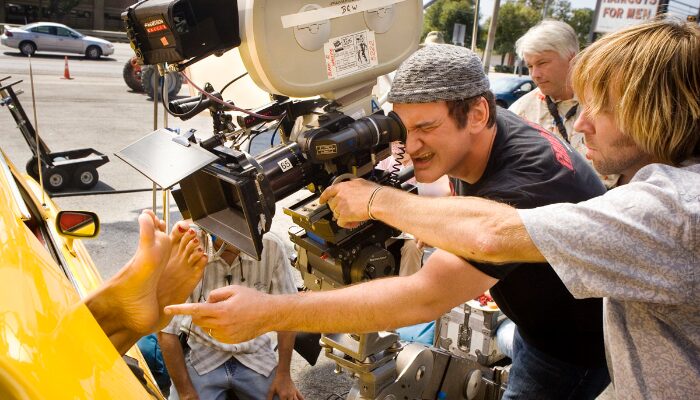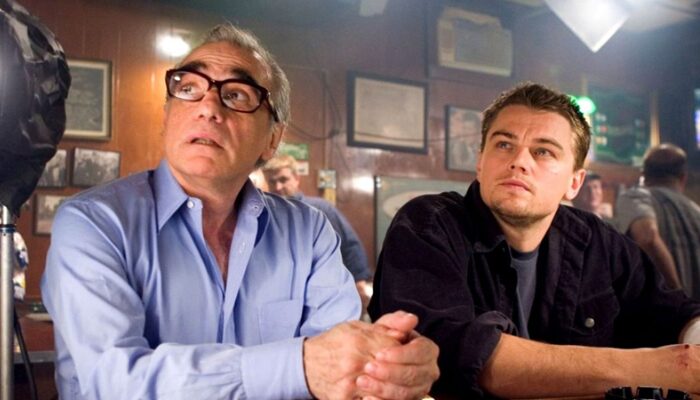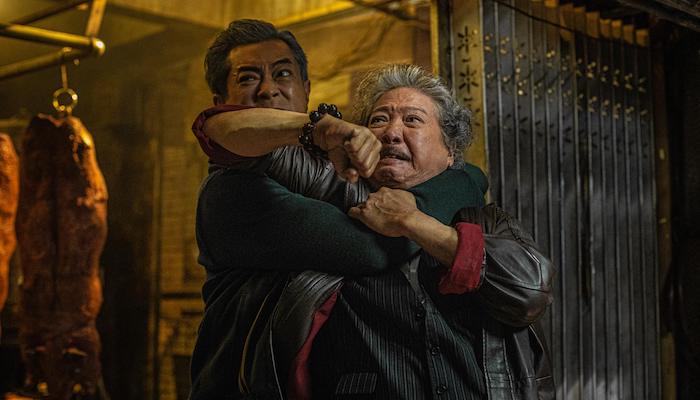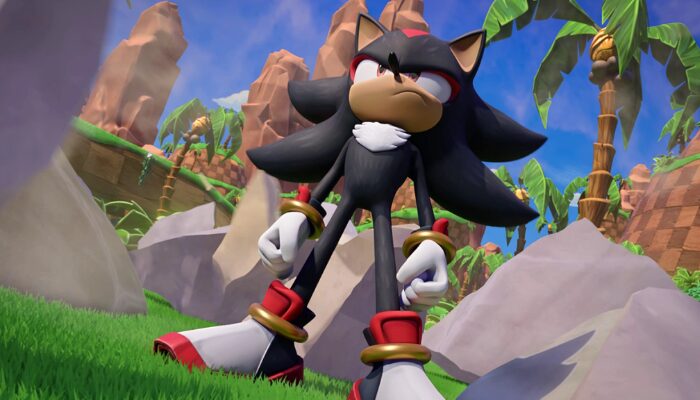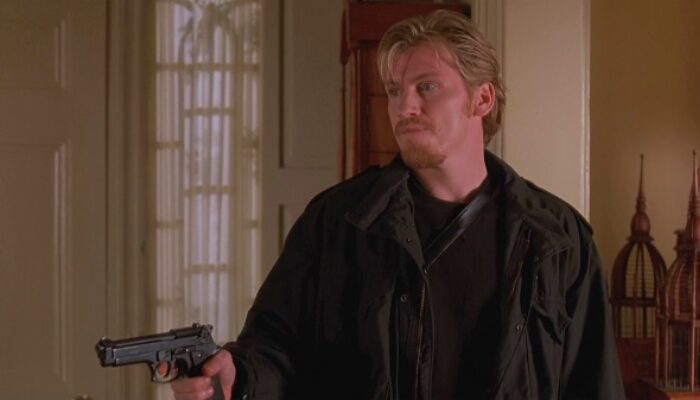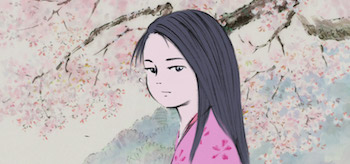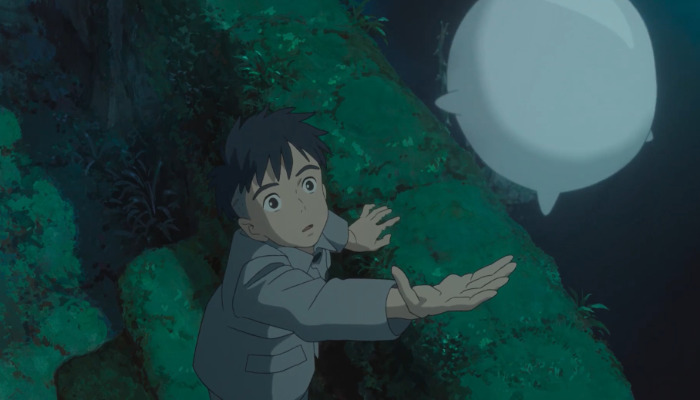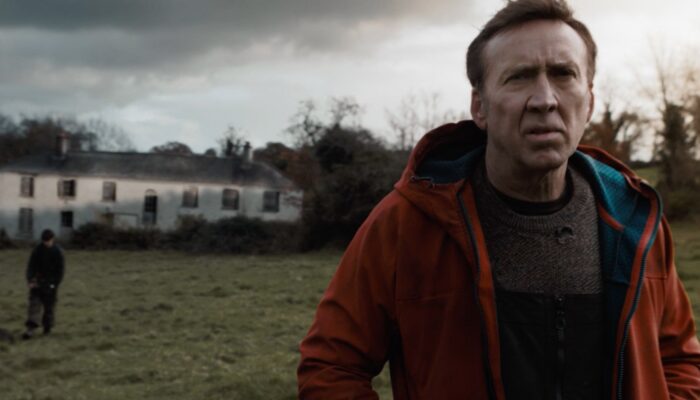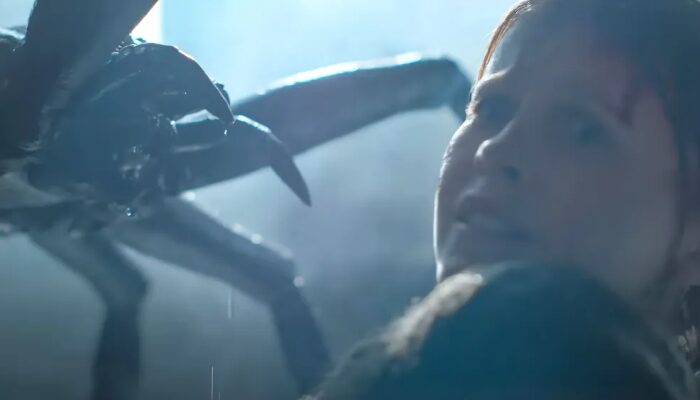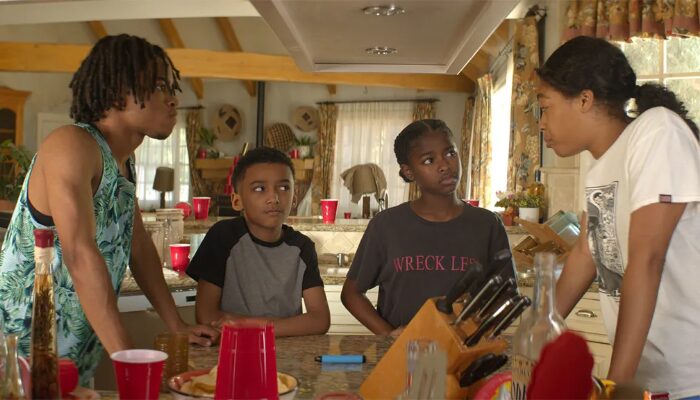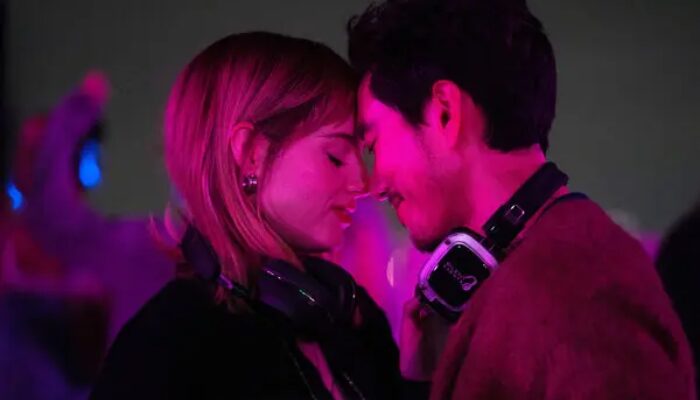Film Review: THE TALE OF PRINCESS KAGUYA (2013): Beautiful, Engaging, & Underwhelming
The Tale of Princess Kaguya (2013) Film Review, a movie directed by Isao Takahata, and starring Chloë Grace Moretz, James Caan, Mary Steenburgen, Darren Criss, Lucy Liu, Beau Bridges, James Marsden, Oliver Platt, Hynden Walch, Dean Cain, Daniel Dae Kim, George Segal, John Cho, and Emily Bridges.
With the release of The Tale of Princess Kaguya, we’re witnessing the end of an era. Isao Takahata’s final feature length film is deeply bittersweet in its story, but the sadness we feel as we finish watching the movie is multiplied by the knowledge that Takahata and Hayao Miyazaki, the two main directors and forces behind Studio Ghibli, will not be gracing us with any more movies, and Ghibli’s future is still up in the air. Kaguya is beautiful to watch and succeeds in keeping viewers invested in its plot, but it ultimately feels underwhelming and will likely frustrate audiences hoping for a more substantial conclusion.
Resembling the minimalist watercolor animation in My Neighbors the Yamadas, Kaguya is unconventional in its art and its storytelling structure. The animation uses light colors, thick lines and slow frame movement that makes you feel like you’re reading a picture book gradually and quietly flipping. It’s a retelling of a popular Japanese fairy tale, and follows Kaguya as she is found in a bamboo stalk by a woodcutter and his wife and raised to become a princess. Kaguya finds herself faced with marriage proposals from oily noblemen, and tests their resolve by requesting that they prove their devotion by completing some nigh-impossible tasks. Feminism is an important theme advanced by the movie, as Kaguya tries to do all she can to take control of her future in an oppressively patriarchal society that places complex and heavy constraints on her life.
Takahata does a brilliant job of adapting the ancient story and making Kaguya the instigator and brave spirit who does all she can to lead an independent life while keeping her family happy. The animation expresses changing emotions masterfully; when Kaguya dashes away from the city in a fit of tears, we see hideously thick and black swirls around her as she runs, and the lush and verdant surroundings of the forest Kaguya plays in give us the same sense of calm and security Kaguya experiences. It’s an acquired taste that initially seems lazy or bare-bones, but the rare art style of this film is something that will be remembered for years.
When compared with other Studio Ghibli productions, Kaguya comes up short in some qualities. There’s only a fraction of the wonderful wit and physical humor present in other movies like Pom Poko or Spirited Away. Love interest Sutemaru drops out for a large part of the film and reappears for a confusing dream sequence, and other characters similarly return momentarily with little to contribute to the advancement of the story. Kaguya does little for much of the film, and it is frustrating to see similar jokes that weren’t funny the first time repeated over and over again throughout the film. The nobles provide only brief amusement in their endeavors to win Kaguya’s hand for marriage, and there are hardly any situations that are as exciting as the twists and turns featured in Princess Mononoke or Only Yesterday.
A few motifs, such as a song sung by Kaguya, figure prominently into the plot, but the plot twist that arrives at around three quarters of the film is highly unpredictable and offers no chance of further plot twists. From there, it’s fairly easy to envision how the film will end, and it becomes even harder to care for or pay attention to Kaguya’s conflicts.
Kaguya’s most troublesome flaw is that after finishing the film, it’s not clear what the point of the movie was. The ending is saddening, but the major plot revelation towards the end is confusing, and the film is unnecessarily long. There is hardly any payoff or satisfaction from making it to the ending. While a typical Studio Ghibli film depicts characters suffering through trials and tribulations to mature from the experience, save the world, or help other people, Kaguya merely leaves audiences with frustration. The heroine has not developed as a character, and without spoiling too much of the plot, it is abundantly clear that her experiences on Earth might as well have never happened. This film feels more like an amateur director’s first effort than a genuine Ghibli film. It makes us tear up, but fails to give us a reason to seriously care for any of the characters or the story. One could obtain similar results just by staring at an onion.
Leave your thoughts on The Tale of Princess Kaguya and this review below in the comments section. For more film reviews, visit our Movie Review Page, our Movie Review Facebook Page, our Movie Review Google+ Page, subscribe to us by E-mail, “follow” us on Twitter, Tumblr, Google+, or “like” us on Facebook for quick updates.
Related Articles
FilmBook's Newsletter
Subscribe to FilmBook’s Daily Newsletter for the latest news!

